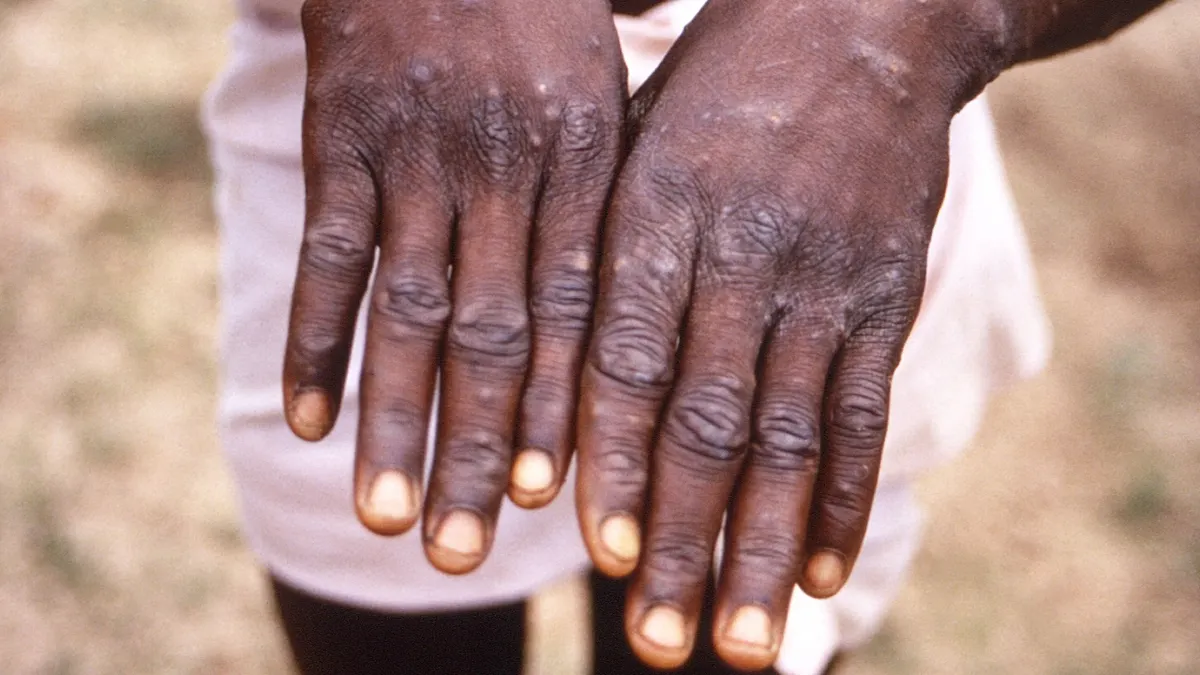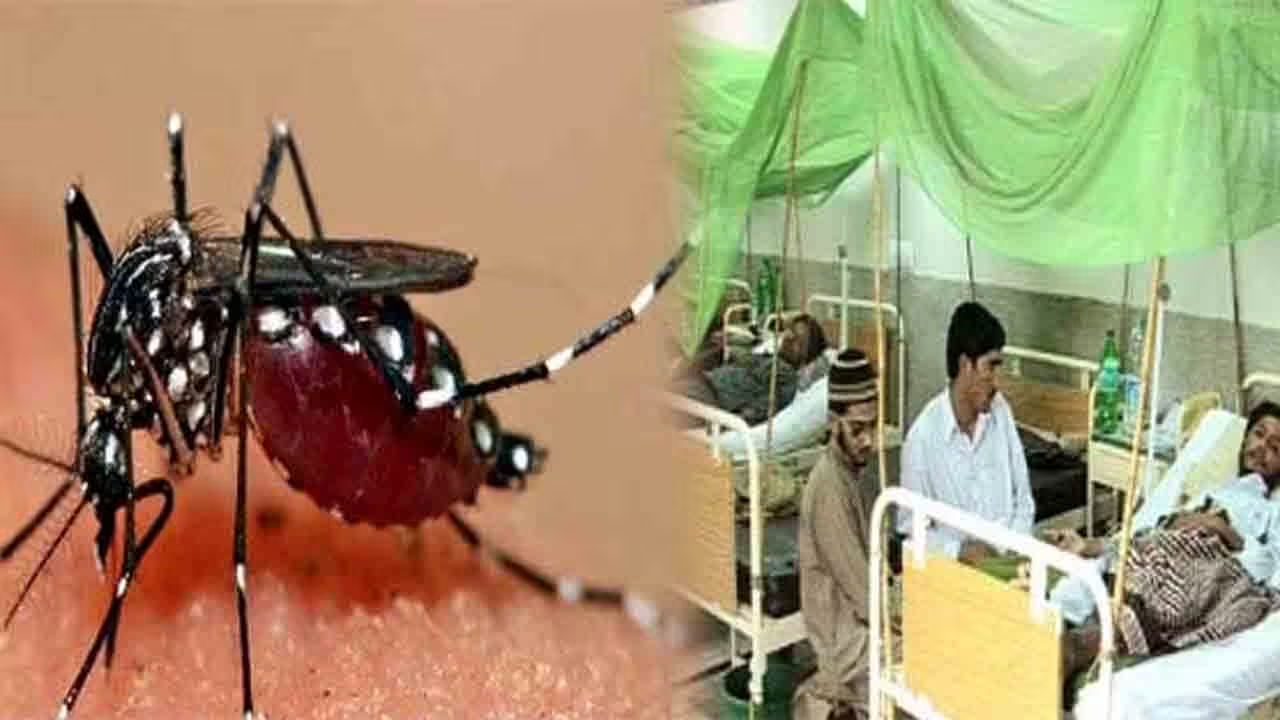Congo faces a mounting challenge in containing its largest monkeypox outbreak to date, as scientists identify a novel strain of the disease in a mining town, raising concerns about heightened human-to-human transmission.
Since January, Congo has witnessed a surge in suspected monkeypox cases, with over 4,500 reported cases and nearly 300 deaths, a threefold increase compared to the same period last year, according to the World Health Organization (WHO). The outbreak has prompted Congo to declare a nationwide health emergency.
Analysis of patients in Kamituga, eastern Congo, suggests recent genetic mutations in monkeypox are attributable to sustained human transmission, despite limited contact with wild animals, traditionally considered carriers of the disease.
Dr. Placide Mbala-Kingebeni, lead researcher of the study, notes changes in lesion patterns, with milder lesions predominantly on the genitals, complicating diagnosis. The new variant appears to exhibit a lower fatality rate compared to previous outbreaks.
WHO warns that the mutated strain may necessitate a revised testing approach to detect the mutations, especially given the low testing rates in Congo.
Mbala-Kingebeni highlights sexual transmission as a primary mode of infection, with a significant proportion of cases observed in sex workers. WHO confirmed sexual transmission in Congo for the first time in November 2022.
Identified as clade 1, the new variant has caused over 240 cases and three deaths in Kamituga, a region with a transient population, raising concerns about potential widespread transmission.
Dr. Boghuma Titanji, an infectious diseases expert, expresses apprehension over the virus’s adaptation for efficient human spread, suggesting the potential for significant outbreaks.
Despite successful containment of monkeypox epidemics in the West with vaccines and treatments, Congo faces vaccine shortages. Discussions are underway with donor countries to procure vaccines for high-risk areas.
Dr. Dimie Ogoina, another monkeypox expert, draws parallels with HIV’s early spread, underscoring the urgent need for intervention amid stigmatization and reluctance to seek treatment.
WHO’s emergencies chief, Dr. Michael Ryan, highlights the lack of donor investment in combating the ongoing monkeypox spread, underscoring the urgency of international support.



